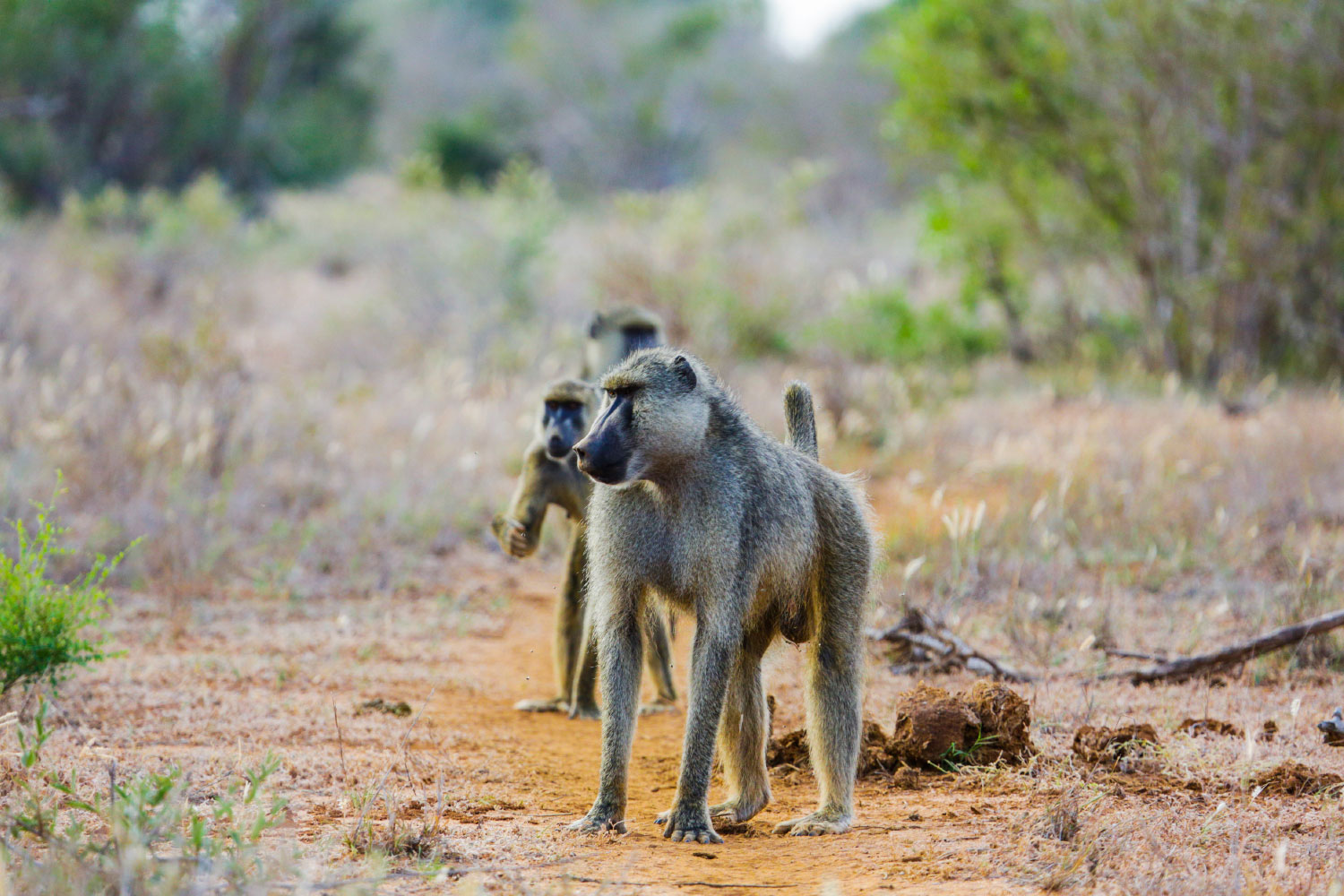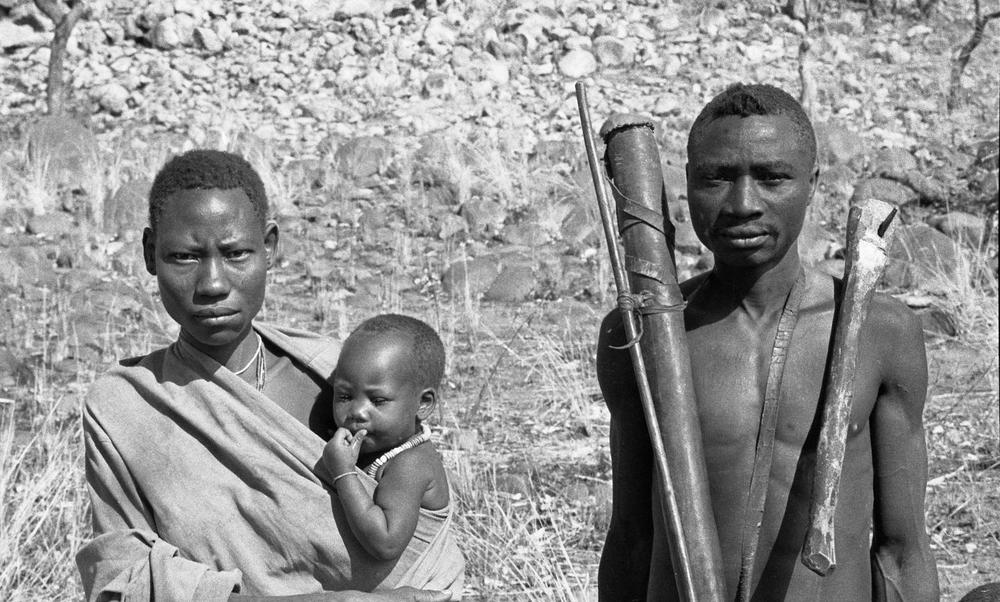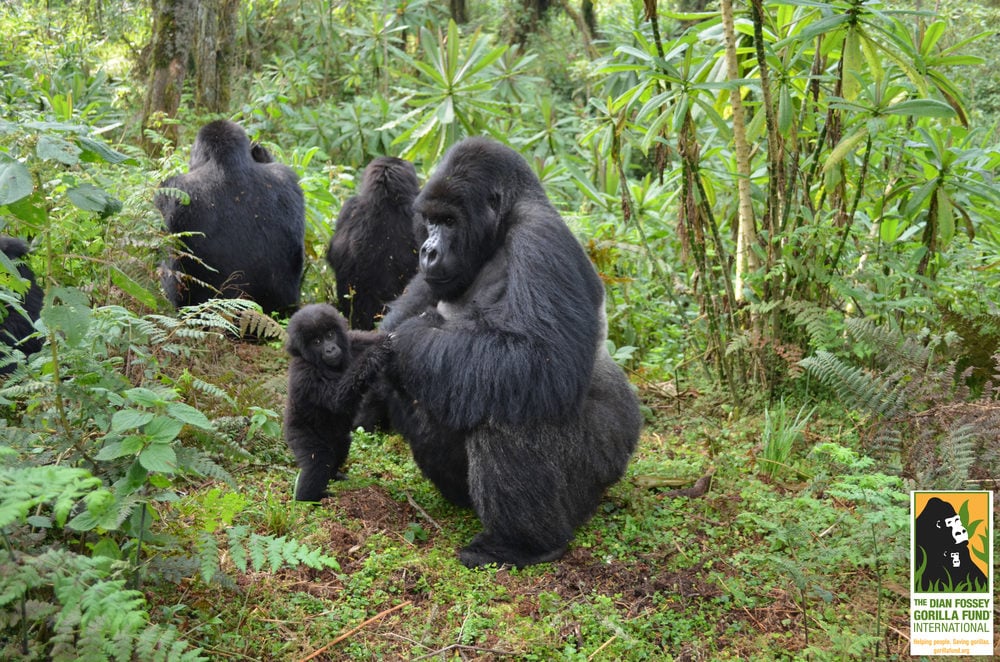Journal Article
A study published on October 8, 2019, in the journal Genome Biology finds that despite our close genetic relationship to apes, the human gut microbiome is more similar to that of baboons than it is to that of apes like chimpanzees.
These results suggest that human ecology has had a stronger impact in shaping the human gut microbiome than genetic relationships. The results also suggest the human gut microbiome may have unique characteristics compared to other primates, including increased flexibility.
“Understanding what factors shaped the human gut microbiome over evolutionary time can help us understand how gut microbes may have influenced adaptation and evolution in our ancestors and how they interact with our biology and health today,” said Katherine Amato, lead author of the study and assistant professor of anthropology in the Weinberg College of Arts and Sciences at Northwestern University.
Host ecology is what drives gut microbiome composition and function, and chimpanzees have very different habitats, diets and physiologies than humans, Amato said.
“We need to look to primates with similar ecology and physiology as humans to understand the human gut microbiome,” she said. “Old World monkeys like baboons appear to be the best starting point for this.”
According to Amato, if ecology is really the most important driver of primate gut microbiomes, the human gut microbiome should be distinct from that of other apes. Furthermore, it should be more similar to other primates that use similar environments and diets as human ancestors did and have more similar associated physiological adaptations.
“Chimpanzees are often assumed to be the best models for humans in many aspects of science due to their high relatedness to us,” she said. “Our results show that this assumption is incorrect for the gut microbiome.”
Amato, also a faculty fellow with Northwestern University’s Institute for Policy Research, added that researchers need to think about the human gut microbiome and its evolution differently.
“This has implications for human evolution and microbial roles in it, as well as for microbial impacts on modern human health,” she said. “We also need to start considering host ecology more carefully when we are choosing models for human microbiome research.”
Going forward the research team plans to explore in more detail which human gut microbial functions are shared with Old World monkeys and what impact they have on human biology and physiology.
“Pinpointing these relationships will provide further insight into the services gut microbes may have provided humans across evolution,” Amato said.
This study includes research conducted by several Leakey Foundation grantees.
This article was provided by Northwestern University.


